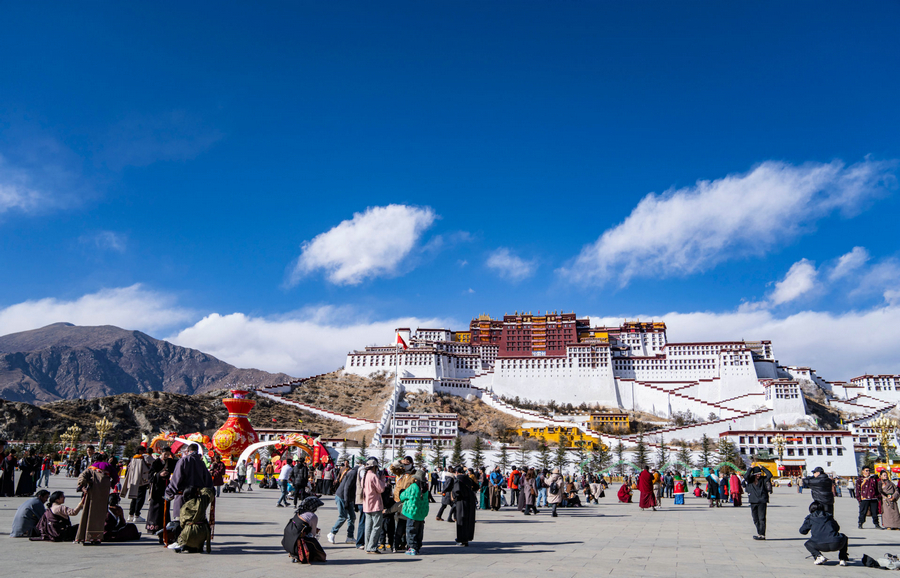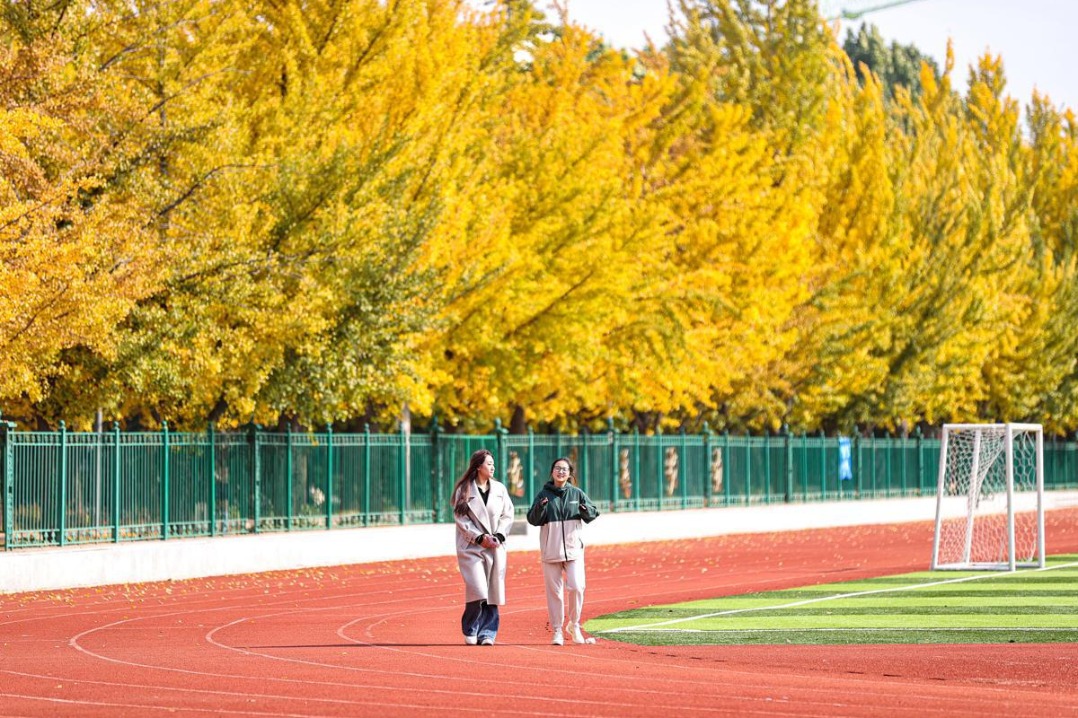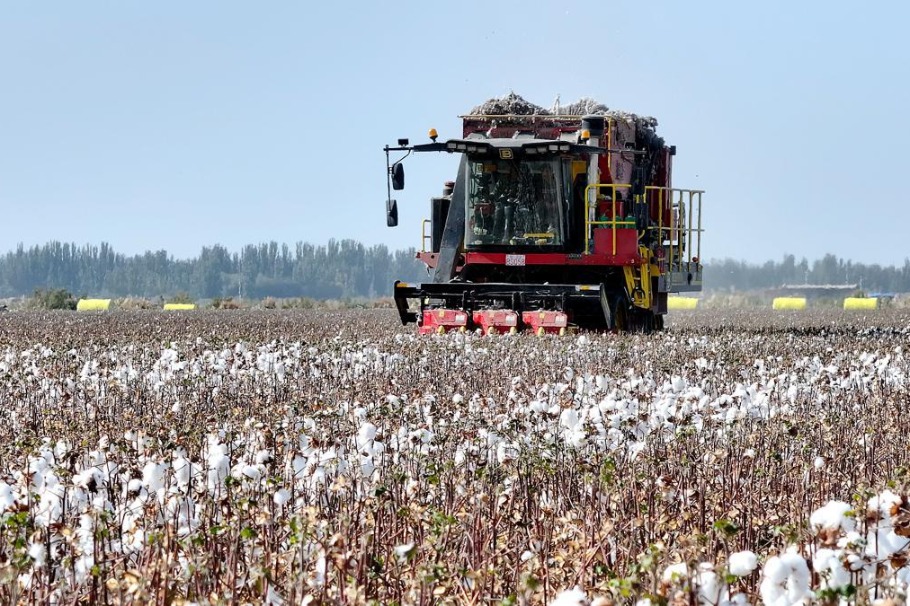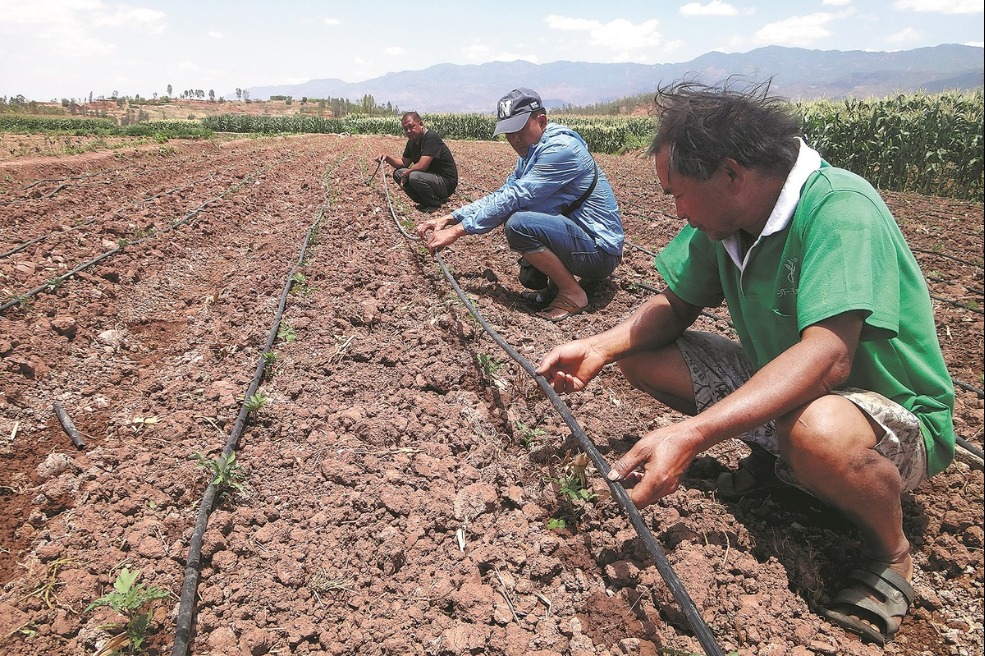Bulletin lists ecological advances in Xizang


The Xizang autonomous region remains one of the best places in the world in terms of ecological quality, according to its 2023 Environmental Bulletin, which was released on Wednesday.
Tsering Gyatso, deputy head of the region's ecology and environment department, said that the water quality in the region's major rivers and lakes was good last year and met the quality standards set by the central government.
"Water quality in the region's key rivers — the Yarlung Zangbo, Lancang, Jinsha and Nujiang — has met Class I surface water quality standards," Tsering Gyatso said, adding that the Rongphu River, near Qomolangma, the world's tallest mountain, which is known as Mount Everest in the West, also met that standard.
Xizang has completed surveys of 50,140 glaciers and 33,518 glacial lakes, and has designated 33 river source protection zones in eight major water systems.
"Strict ecological protection measures have resulted in good water quality," Tsering Gyatso said. "At the same time, Xizang has strengthened biodiversity conservation efforts, leading to significant recovery in the wild population numbers of important species, with new species continuously breaking records."
The population of black-necked cranes, a first-class national protection species in China, has increased from fewer than 3,000 three decades ago to over 10,000, while the number of Tibetan antelopes has increased to more than 300,000.
"The flagship species of the Qinghai-Tibet Plateau, the Bengal tiger, has been captured on camera multiple times in the wild, while the black stork, known as the 'giant panda of birds', has also been discovered in the city of Shigatse," he said.
The bulletin said the region had 47 natural reserves by the end of last year, covering a combined land area of more than 412,200 square kilometers — more than a third of the land area in Xizang.
The department said that new energy vehicles now account for 85.3 percent of the region's buses as a result of efforts to promote the use of NEVs. Meanwhile, the proportion of nonfossil energy in total energy consumption has exceeded 50 percent, ranking at the top nationwide.
- Shandong boosts county economy through industry
- Form bank chief imprisoned for bribery
- First zero-carbon certificate issued in China
- Forum highlights green energy partnerships amid climate challenges
- China Golden Eagle festival names top TV winners
- AI thrives in Beijing's Zhongguancun Dongsheng tech park





































